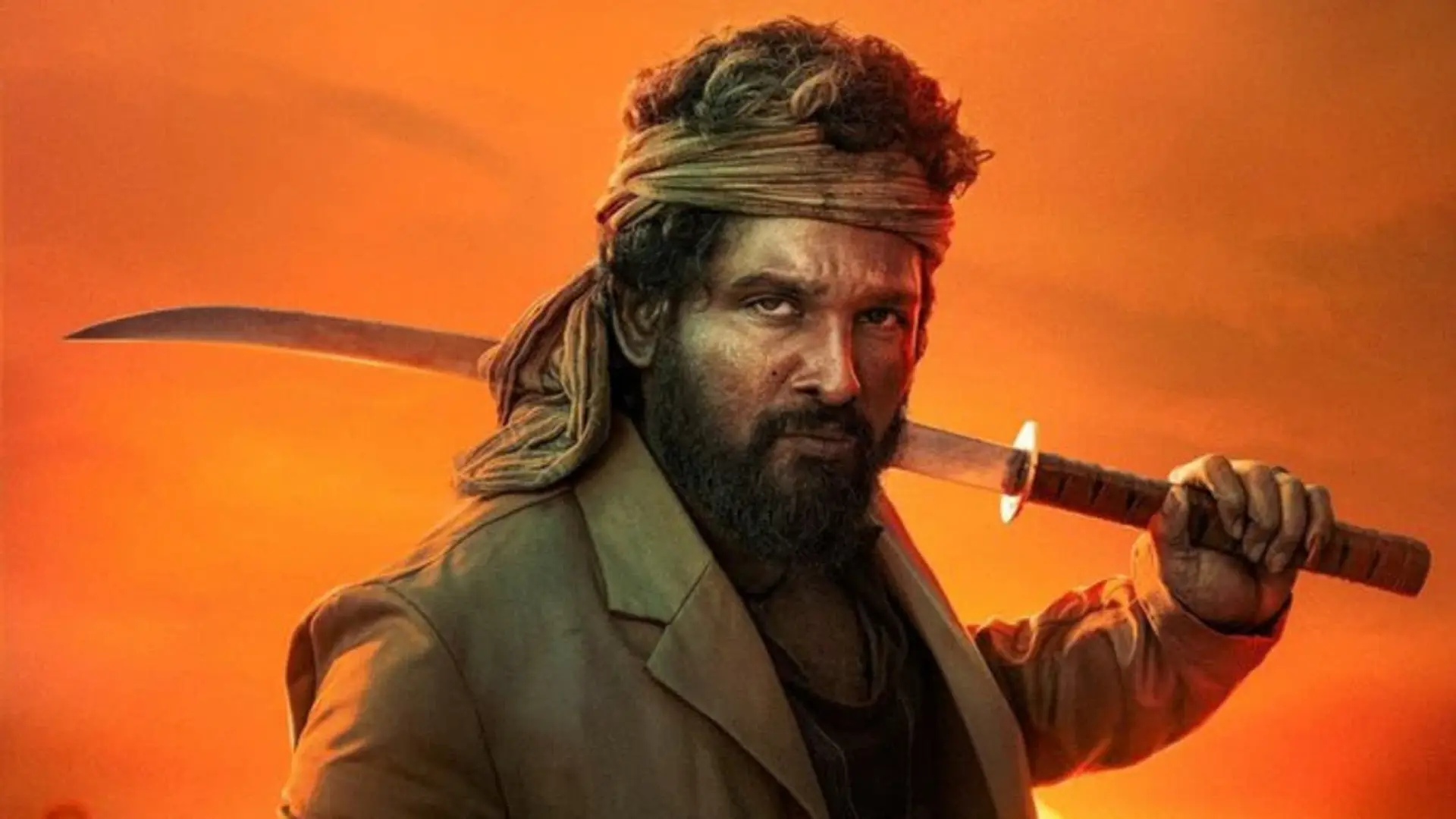Why you need a coach in your life
When coachees are willing to take complete ownership of their own transformation, coaches can help them to reflect on their strengths and failings, bring in a higher vision, and add rigour to the exercise so that the change occurs in a very structured and focused way.

Thomas Landry, who is often regarded as one the greatest and most innovative football coaches, famously remarked, “A coach is someone who tells you what you don't want to hear, who has you see what you don't want to see, so you can be who you have always known you could be.”
Tom is best known for having transformed the fortunes of the then-struggling Dallas Cowboys, helping the team to earn its way to the National Football League championship game, and consequently to its first-ever Super Bowl win. So many coaching stories, whether in sports or the world of business, are characterised by dramatic, awe-inspiriting transformations.
As a coach, the question I am asked most often is why the coachees, who went on to accomplish these spectacular feats, needed the mentorship of a coach to get there. Was it not their focus, determination and hard work that had and hard work that had helped them reach their goal? How much of their success that could be attributed to their coach? As a coach, I have often insisted that unless coachees take complete ownership of the transformation they are aiming for, they will never achieve it.
So where does a coach come in?
I recently mentored the CEO of a company that was struggling financially. The CEO had to take a far more hands-on approach than he usually did – he had to identify and resolve problem areas and develops and drives a new vision for the company. In another instance, a business leader I was coaching found that he lacked the motivation to excel, and also a sense of purpose in terms of his work. Another found that he was being overshadowed professionally by an expatriate and sought my help in gaining the confidence that would help him to build his own brand.
Yet another leader felt that he was unable to achieve as per his true potential because he was unable to leverage the opportunities available to him and could not build trust in his team.
In all these cases, the coachees knew all too well the changes that they were required to make. However, the quantum of change was either too large, too unfocused, too unmanageable or too daunting for the leaders to approach effectively. They would end up brushing all these problem areas under the rug, hoping to resolve them at a later – which invariably never came. In all these cases, a coach’s role is to:
Develop a coaching agenda:
A coach’s perspective and strategic approach can help to approach these transformations with a project-oriented focus.
Monitor progress:
The coach develops reference points by identifying benchmarks before and after the coaching programme. This added layer of oversight gives coachees a clear idea about the progress made thus far, which, in turn, makes coachees more accountable for their transformation. In doing so, coaches can help coachees to achieve these transformations more effectively.
Offer perspective:
Most leaders lack a sounding board that they can reflect on their professional performance and dilemmas with. Their bosses usually regard transformation from a performance perspective and they may not have the necessary rapport with their peers to open up to them. A coach steps in to fulfil this role, and also shares relevant examples and additional perspectives to facilitate easier understanding – this is possible because of the many years of experience that a coach adds to the scenario. I recall working with an executive who was unable to perform at work because he was weighed down by the burden of guilt that came from having messed up a crucial assignment. He was unable to talk about this with anyone at home or at work. Confiding in me as a coach gave him significant relief. Our session ended with me telling him to go home that night and forgive himself. We were able to make significant progress beyond that day.
In the cases mentioned above, I collaborated with the CEO to develop and detail a coaching agenda that helped him to approach each of the tasks systematically. Working with the business leader, I identified that he was being held back by feelings of social rejection. We then focused on helping him to acquire this acceptance, giving him a renewed sense of purpose and a far more energetic approach to his work. The leader being overshadowed learned to grow his skill set, develop his executive presence and confidently represent himself before the global leadership – this, ensured that he was soon able to step into the expat’s shoes.
Finally, the executive unable to rally his team together worked on his people skills with a targeted plan, which saw him seeking out and working with people he initially thought he would not get along with. These small victories helped him to slowly drop many self-limiting beliefs he had developed along the way and rebuild his own confidence.
When coachees are willing to take complete ownership of their own transformation, coaches can help them to reflect on their strengths and failings, bring in a higher vision, and add rigour to the exercise so that the change occurs in a very structured and focused way. Coaches can also challenge their coachees to bring out new capabilities and aspects of their personalities.
(Disclaimer: The views and opinions expressed in this article are those of the author and do not necessarily reflect the views of YourStory.)







